The health benefits of magnesium are important to almost every organ in your body. But before I talk about them, you can either watch my new YouTube video or read the rest of this information below:
Here is a quick list of all the ways this essential mineral impacts your health:
-
Energy Creation
-
Regulation of Your Nervous System
-
Protein Formation
-
Muscle Movement
-
Bone Formation
-
Preventing Heart Failure
-
Reducing High Blood Pressure
-
Correcting Arrhythmia
-
Fighting Endothelial Dysfunction
-
Lowering the Risk for Strokes and Heart Attacks
-
Preventing Coronary Artery Disease
-
Fights Depression
-
Helps Prevent Type II Diabetes
-
Anti-Inflammatory Benefits
-
Prevent Migraines
-
Reduces Insulin Resistance
-
Improves PMS Symptoms
That’s an impressive list of health benefits.
Now the bad news. Read More →

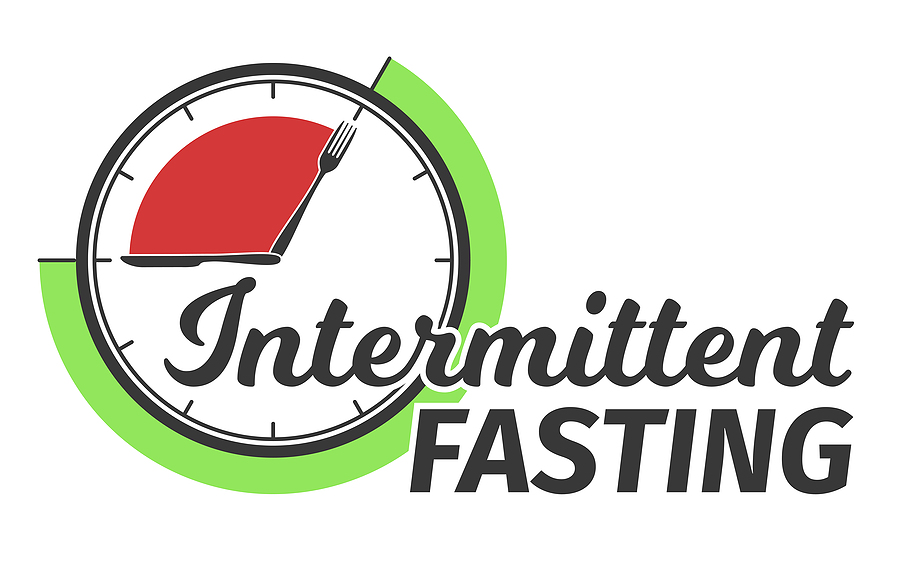
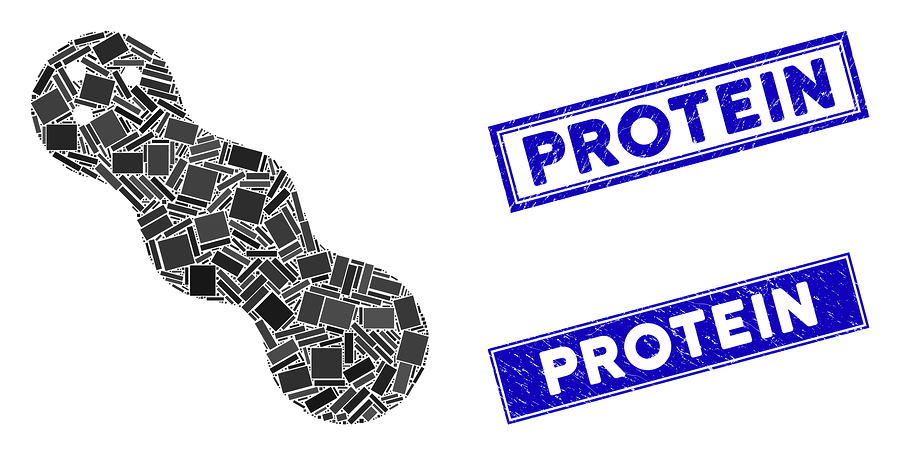
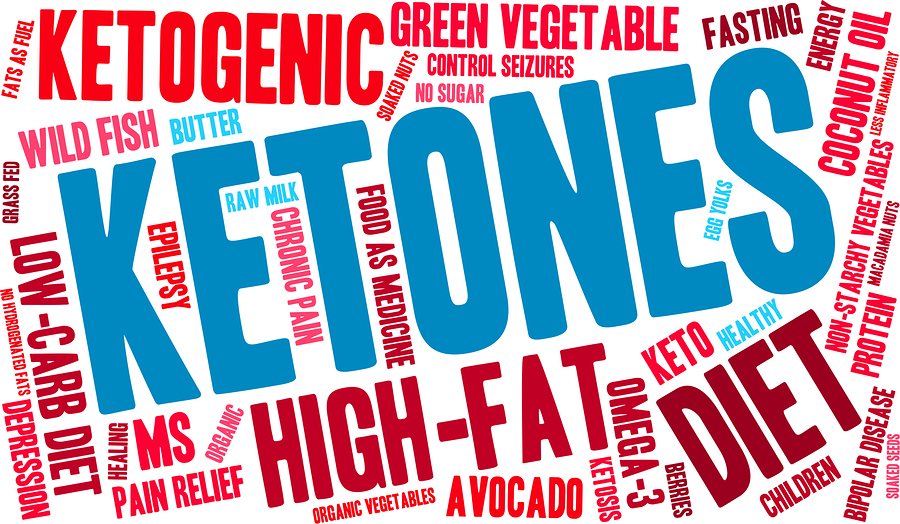
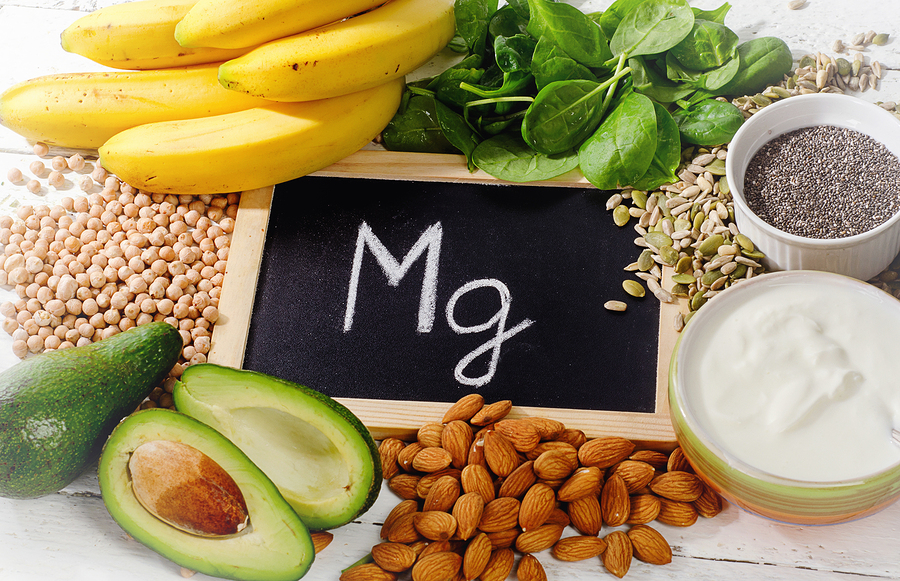
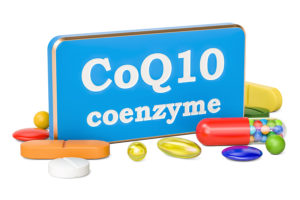 especially as it applies to the effects of statin drugs in interfering with your liver’s ability to naturally produce CoQ10.
especially as it applies to the effects of statin drugs in interfering with your liver’s ability to naturally produce CoQ10. heard this word before.
heard this word before. tissue. As more research has been done on this amino acid the health benefits of L-glutamine are impressive. Here are 14 key proven L-glutamine benefits
tissue. As more research has been done on this amino acid the health benefits of L-glutamine are impressive. Here are 14 key proven L-glutamine benefits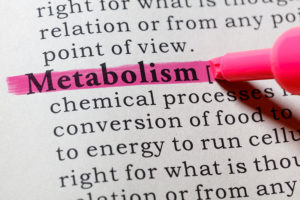 answer I gave him is your body’s ability to process your food and drink for energy. But the real answer to the question what is metabolism is a bit more complex than that.
answer I gave him is your body’s ability to process your food and drink for energy. But the real answer to the question what is metabolism is a bit more complex than that.